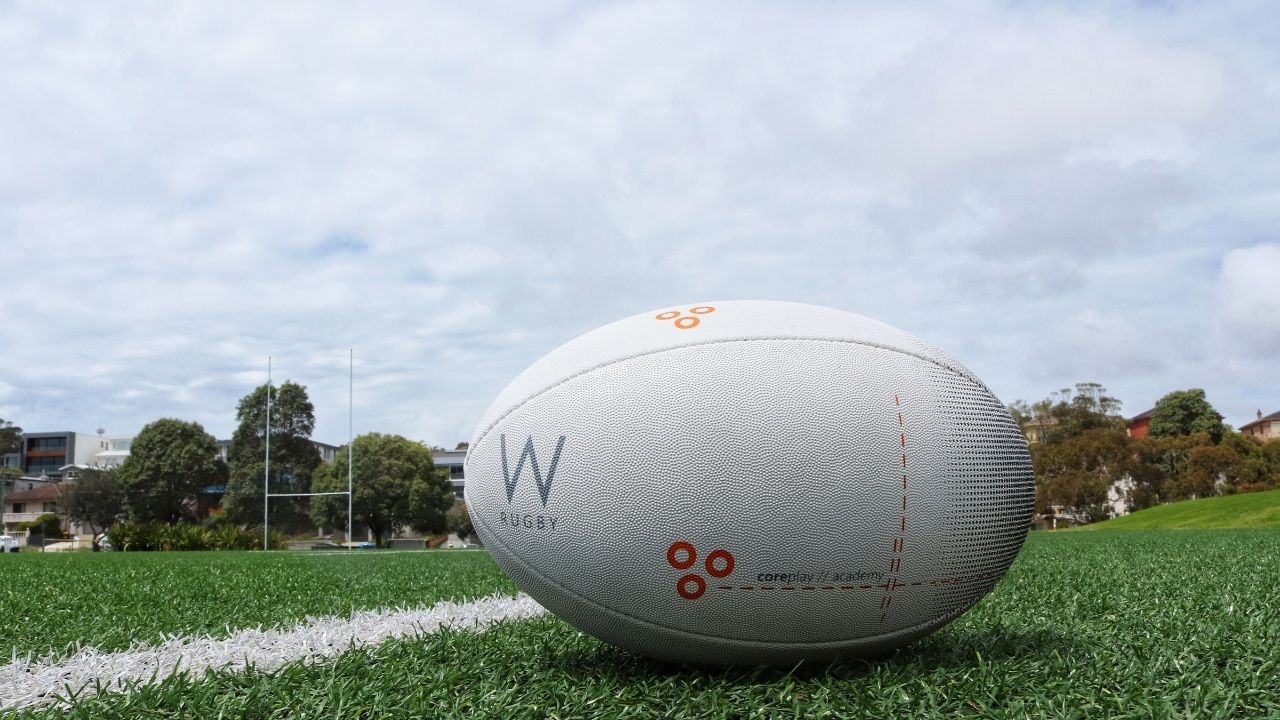The Springboks, having secured their fourth Rugby World Cup title in 2023, have entered a new phase of evolution, marked by significant changes both on and off the field
This transformation has been pivotal in maintaining their dominance in the rugby world, while also setting the stage for future successes.
Rassie Erasmus Returns
A key moment in the Springboks’ post-World Cup journey was the return of Rassie Erasmus as head coach. Erasmus, who previously served as the Director of Rugby, returned to the helm, replacing Jacques Nienaber. His return signalled not just continuity, but also a renewed sense of purpose.
Erasmus’s approach has always been rooted in a deep understanding of the game, combined with an ability to adapt and innovate. This adaptability has been critical in maintaining the Springboks’ competitive edge and influencing live rugby scores.
A New Coaching Team
With Erasmus at the forefront, the Springboks also introduced new coaching talent. Attack coach Tony Brown and defence coach Jerry Flannery were brought on board, each bringing a fresh perspective to the team’s strategy.
Brown, known for his innovative attacking strategies, has been instrumental in steering the Springboks toward a more expansive style of play. This shift marks a departure from their historically conservative approach, allowing for greater unpredictability in their game.
Flannery, on the other hand, has strengthened the team’s defensive structures, ensuring that while the Springboks explore new attacking avenues, their traditional defensive strengths remain intact.
This balance between offence and defence has been a cornerstone of the team’s evolution, making them a more rounded and formidable opponent.
Building for the Future
As the Springboks prepare for future challenges, particularly the 2027 World Cup, building squad depth has become a priority. This strategy is evident in the inclusion of young talents like Sacha Feinberg-Mngomezulu and Ben-Jason Dixon.
These players have not only added depth to the squad but have also shown that they have the potential to lead the team in the future. Their performances in the Rugby Championship already have demonstrated that the Springboks are not just focused on the present but are also laying the groundwork for sustained success.
Adapting Without Losing Identity
One of the most remarkable aspects of the Springboks’ evolution is their ability to adapt to modern rugby demands while retaining their core identity. The team’s traditional strengths, such as their powerful maul and set-piece dominance, remain integral to their game plan.
However, under Erasmus and his coaching team, the Springboks have diversified their systems and tactics, incorporating more dynamic and unpredictable elements into their play. This adaptability ensures that they can tailor their approach to different opponents, making them even more difficult to counter.
Conclusion: Continued Dominance?
As the Springboks continue their journey post-2023 World Cup, their evolution stands as a testament to the team’s resilience and forward-thinking approach. With Rassie Erasmus at the helm, supported by a talented coaching team and a deep pool of players, the Springboks are well-positioned not only to defend their title but to continue their dominance in world rugby.
Their blend of tradition and innovation makes them one of the most formidable teams in the sport, with the potential to achieve even greater heights in the years to come. The Springboks’ evolution is far from over, and as they continue to build towards future challenges, the rugby world will be watching closely.
Whether they can surpass the successes of their 2023 campaign remains to be seen, but one thing is certain: the Springboks are not resting on their laurels, and their journey is one of constant growth and adaptation.



